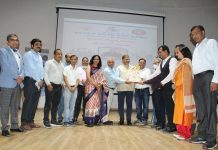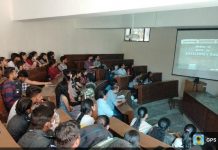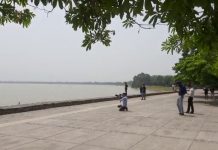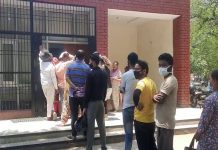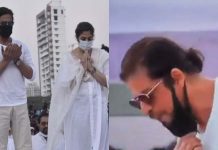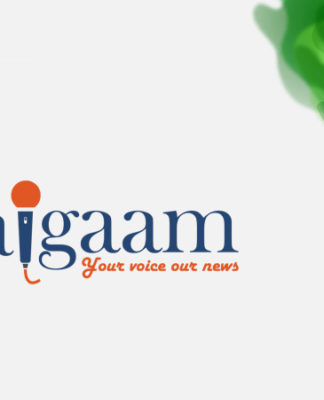New Delhi, March 8: The Supreme Court on Friday referred the politically sensitive Ram Janmabhoomi-Babri Masjid land dispute at Ayodhya to mediation and appointed former top court judge Fakkir Mohamed Ibrahim Kalifulla, spiritual Guru Sri Sri Ravi Shankar and Chennai-based advocate Shriram Panchu as mediators to find an amicable solution to the problem.
A five-judge Constitution Bench headed by Chief Justice Ranjan Gogoi said the proceedings would be held in Faizabad.
The three mediators could start work within a week and could co-opt more members, it said, adding that the mediators had to complete the task in eight weeks.
The Bench–which also included Justice SA Bobde, Justice DY Chandrachud, Justice Ashok Bhushan and Justice S Abdul Nazeer–said media couldn’t report on the proceedings of the mediation.
The mediation proceedings would be held in camera but mediators could take legal assistance, the Bench said.
It directed the Uttar Pradesh government to provide necessary facilities in Faizabad to the mediators.
Hindu and Muslim parties to the dispute had on Wednesday taken diametrically opposite stands on the court’s move. Hindu parties, except Nirmohi Akhara, had opposed mediation while Muslim parties to the dispute supported it.
“We want to pronounce orders soon,” the CJI had said while reserving its order after hearing the parties for almost an hour.
On behalf of the Uttar Pradesh government, Solicitor General Tushar Mehta had opposed mediation, saying it was not advisable in the given circumstances.
Hindus believe that Lord Ram was born in Ayodhya thousands of years ago. During Mughal emperor Babur’s rule, a mosque was constructed at the place in 1528 after destroying the temples existing there.
On Wednesday, the Bench had said, “We are not concerned about what Mughal ruler Babur had done and what happened after. We can go into what exists in the present moment.”
Senior advocate CS Vaidyanathan, representing Ram Lalla, said the temple had to be built at the Janmasthan (birth place). “What can be considered is an alternative place for the mosque. We are ready to crowd-fund it,” he said opposing the mediation.
The top court had said it was conscious of the gravity of the dispute and the outcome of mediation on the body politic of India. The Bench said the case was not about property alone but also about people’s sentiments and faith.
As the counsel for Hindu Mahasabha had opposed the mediation and said, “It is the property of the deity and nobody has the right to mediate…the parties have been waiting for a decision since 1950,” the Bench had asked him not to “pre-judge” the whole issue.
“When the court is ordering mediation, we are not yet assuming somebody will give up something. We think primarily it is not a dispute over the 1,500 yards of land. This is about faith. Do not think that we are not conscious of it or do you think that you have more faith than us?” Justice Bobde had asked.
The top court on February 26 had asked the contesting parties to explore the possibility of amicably settling the decades-old dispute through mediation, saying it might help in “healing relations”.












